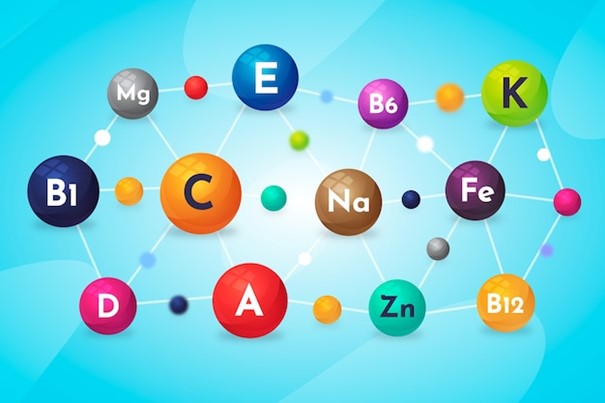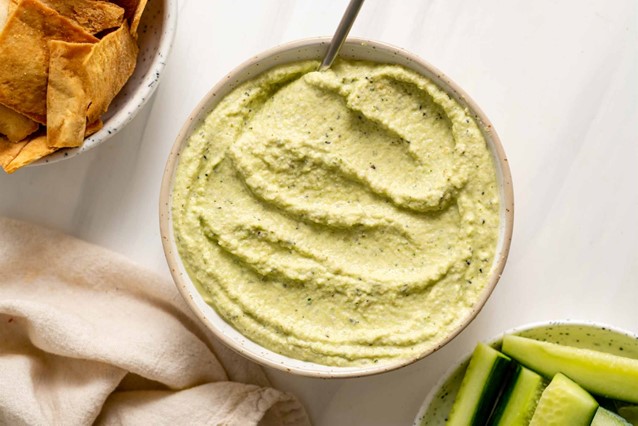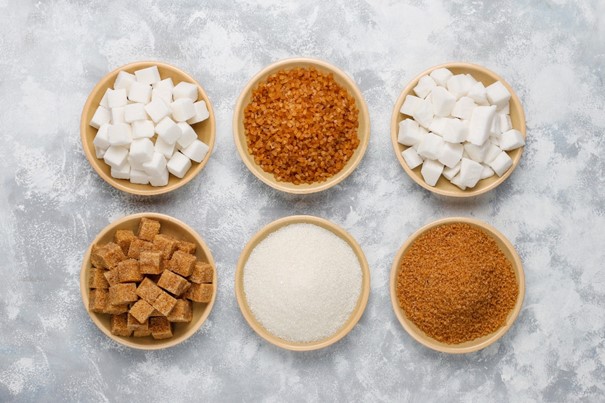In this article, we’ll highlight some micronutrients that you should include in your keto diet, and you’ll also find some keto friendly foods that contain them.
Calcium and magnesium
Recommended daily intake for a keto diet : 500 mg of magnesium and 1000 to 2000mg of calcium. Magnesium is needed for more than 300 cellular functions in your body. Opt for low carb sources of magnesium for example oysters, pumpkin seeds, cooked spinach, and Swiss chard. Calcium is an important electrolyte and regulates blood pressure. Almonds, cooked kale, cheddar cheese, and sardines are some keto friendly foods rich in calcium.
Vitamin C and K
Vitamin C is a powerful antioxidant and fights bad cholesterol. Besides citrus fruits such as lemons and limes, you can also eat broccoli, kale, spinach, cauliflower, and cabbage as other sources of vitamin C. Vitamin K is crucial for blood clotting and transporting calcium through the body. Consuming leafy green vegetables regularly is enough to keep up with the recommended intake vitamin K.
Read the full article of Go-keto to find out about other minerals and food supplements that you should include in your keto diet. Go-keto is an online boutique which offers a variety of keto friendly foods and supplements that shall accompany you throughout our keto program.




